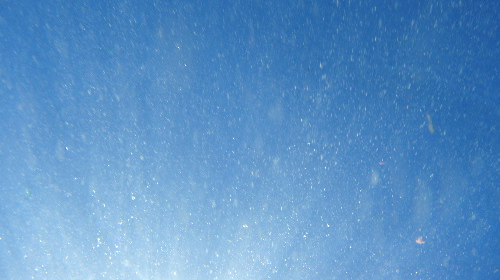Real environmentalism isn’t just about acknowledgment of the problems of this world and the struggle to right them, it is also a regular, lived appreciation of nature. Try and live the first without doses of the second of these things and you’ll find it a rough path. People whose contact with ‘environmentalism’ goes only so far as a Greenpeace banner, or a newspaper headline, are understandably turned off by the whole movement. The other day I was running on the beach. Afterwards I jumped in the waves and the warm water, played around, smiled and goofed off. It was like washing all the artifice of modern life off. Unclogging the arteries of my day from duty and chore and other heavy metals. We go to the ocean in Australia to wash off the urban. And we renew our selves. Surfers are more realistic than environmentalists in this respect in that they always balance the bad news of the day with real and regular experiences in the more than human world. Sitting in the city as the weeks and months go by and reading about the ills the natural world suffers again and again gives one a distorted picture of reality. Reality contains ugly destruction, but there is so much more beauty and extant landscape to enrich your days out there. Surfers know this as they don’t forget to pay regular visits to the swelling and swaying landscape of H20 that rings this country. I felt my body and soul profit from my afternoon flop, flail and foam-slide in the surf.
A participatory experience of cosmically generated aquatic waves makes you feel good. Let’s talk about health for a minute. Most of the time in the West doctors use a deficit model of health: that is, if you’re not sick, then you are healthy. But what if we had a more positive conception of human health?
My cousin, Tim Baker, is a freelance writer who lives in northern NSW and does plenty of surfing. He’s just published a book of interviews with surfers, High Surf, and flicking through it the other day I came across the words of Dorian Paskowitz:
‘When you come out of surfing, there is this euphoria, which is part of an actual physical sense of well-being. It’s not that you suddenly hear angels, its that you feel physically remade. You’re not only remade, but remade with refinement, exactness, so that things feel inside you to be gearing and meshing effortlessly. You feel lighter, you feel that you move with more agility. You have more positive feelings, you talk faster. How much more this is than not being sick; how much more this is than just being normal.’ (p.125)
I then read a comment by a surfer in Byron Bay, Rusty Miller:
‘When the surf is good in Byron Bay and a lot of people get a lot of surf, the vibe in the town is actually elevated by the spirit of what you bring in from the water.’ (p.220)
Moving through space in an unpredictable environment and reacting spontaneously to changes in that environment is what our bodies were evolved to do in the Pleistocene environment of our long-gone ancestors in Africa. It seems to me that catching waves triggers all the responses our body was evolved for. No wonder the activity can make you feel so good. Perhaps we should all be praying to liquid drainpipes.
